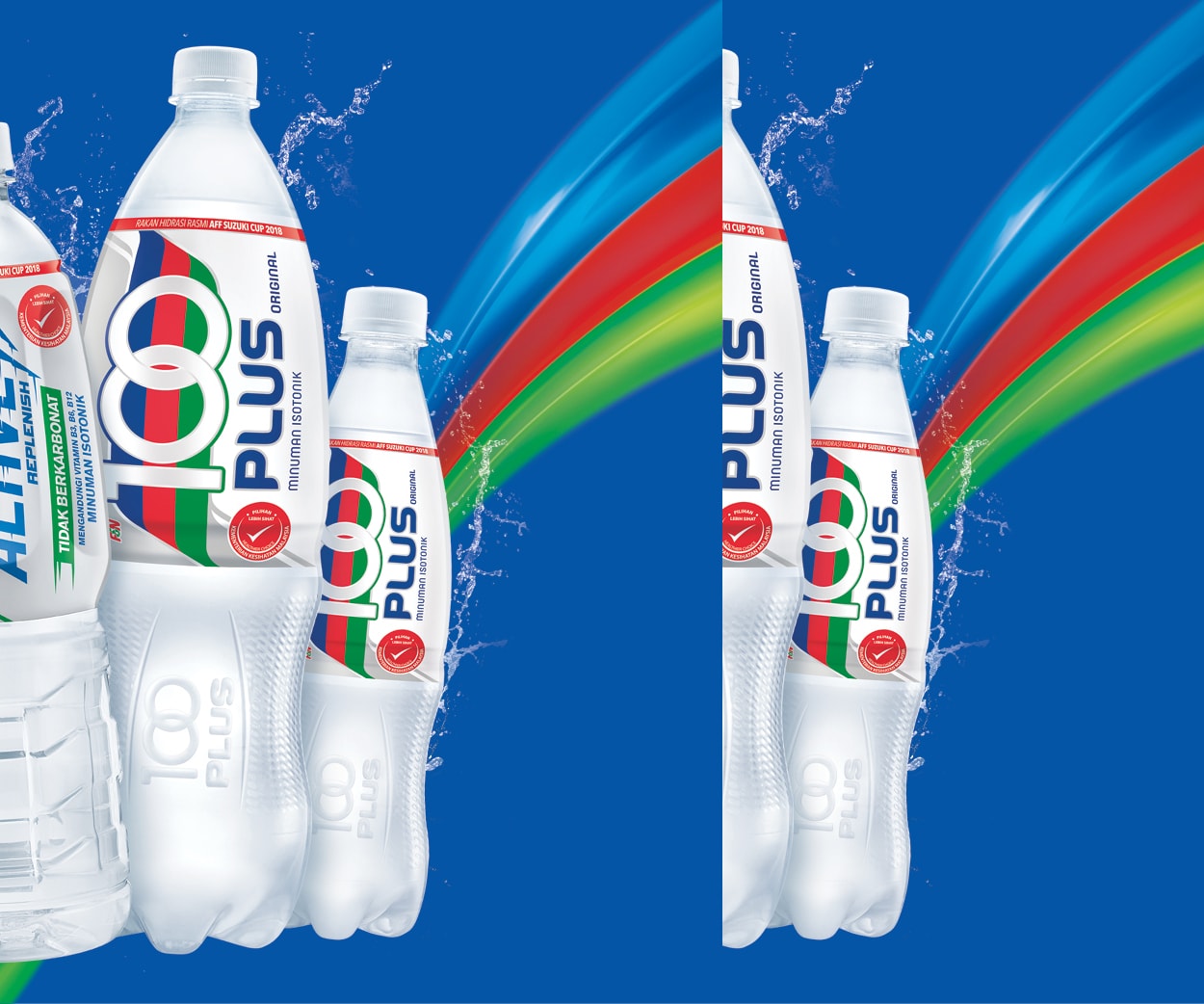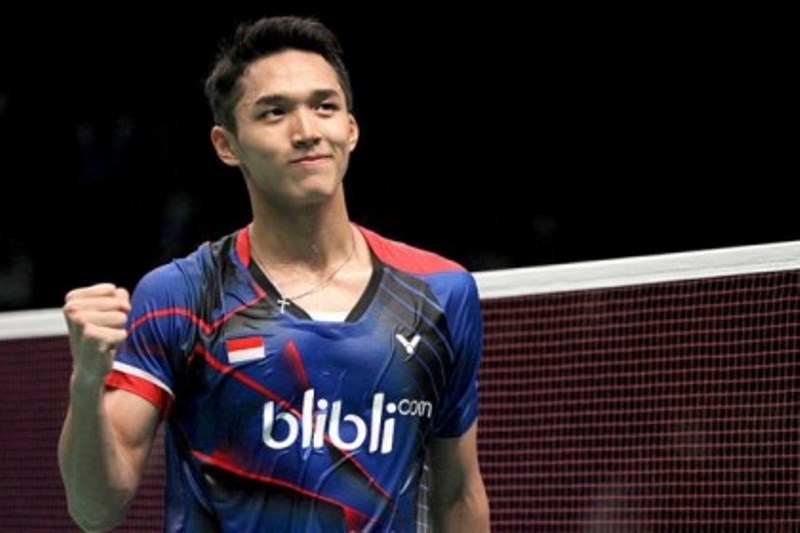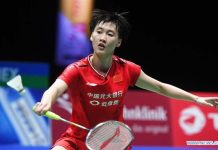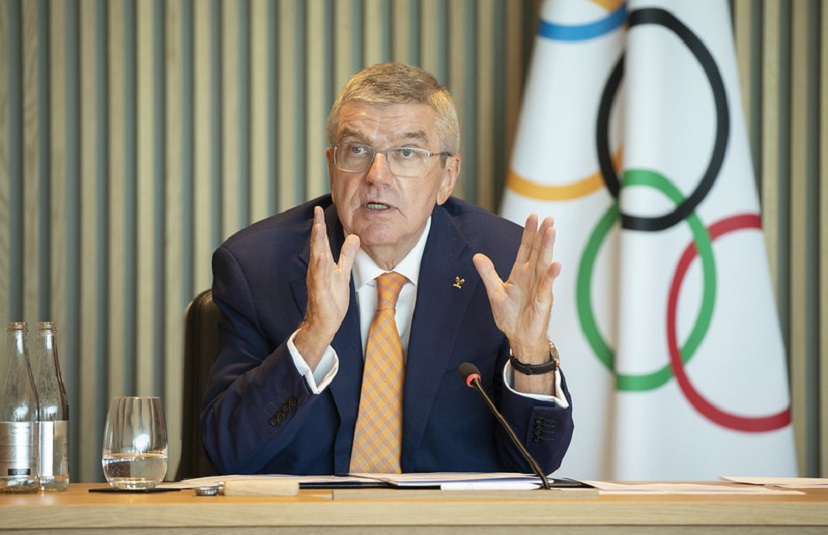 Olympic champion Thomas Bach has been re-elected for an additional four-year term as President of the International Olympic Committee (IOC). At the 137th IOC Session held virtually today, the 67-year-old German received 93 yes and 1 no votes from the 94 valid votes.
Olympic champion Thomas Bach has been re-elected for an additional four-year term as President of the International Olympic Committee (IOC). At the 137th IOC Session held virtually today, the 67-year-old German received 93 yes and 1 no votes from the 94 valid votes.
Thomas Bach, who won gold in with the German foil fencing team at the Olympic Games Montreal 1976, was elected as IOC President at the IOC Session in 2013 in Buenos Aires for a first eight-year term.
This term will finish on the closing day of the Olympic Games Tokyo 2020 on 8 August this year, as decided by the IOC Executive Board. His second term as IOC President will start immediately after, and will conclude in 2025.
“Thank you very much from the bottom of my heart for this overwhelming vote of confidence and trust. For me, this is even more overwhelming considering the many reforms and the many difficult decisions we had to take, which affected all of us,” said President Bach after the election.
“You know that this touches me deeply. It also makes me humble. When you elected me for the first time as your President in 2013 in Buenos Aires, I said that I wanted to lead the IOC according to my campaign motto ‘Unity in diversity’ and be a President for all of you and for all our stakeholders. This commitment is also true for my second and last term. My door, my ears and my heart remain open for each and every one of you. I hope that I can count on your continued dedication, support and friendship also during these four more years.”
As an athlete, Thomas Bach was a world-class fencer, winning the Olympic gold medal, but also two gold medals with the German foil fencing team at the World Championships in Montreal in 1976 and in Buenos Aires in 1977.
He was a founding member of the IOC Athletes’ Commission in 1981, on which he remained until 1988. In 1991, he became an IOC Member and sat on the IOC Executive Board between 1996 and 2013. He served as IOC Vice-President from 2000 to 2004, 2006 to 2010 and from 2010 until his election as IOC President in September 2013.
During his first period in office as IOC President, he initiated the Olympic Agenda 2020 reforms for the future of the IOC and the Olympic Movement that were adopted at the IOC Session in Monaco in 2014. Just before his election today, the IOC Session approved the Closing Report of Olympic Agenda 2020 unanimously. Olympic Agenda 2020 has profoundly changed the Olympic Games, the IOC and Olympic Movement.
The IOC Executive Board has already proposed the successor to Olympic Agenda 2020 – Olympic Agenda 2020+5 – which will be discussed by the IOC Session on Friday this week. It consists of 15 recommendations inspired by five key trends, designed to pave the way to build on these solid foundations and carry Olympic Agenda forward into the future.
In his acceptance speech addressing the IOC Members, President Bach said: “In the meantime, you know me well enough that I would also like to look forward and continue to achieve ambitious goals with you also in the post-coronavirus world. We learned during this coronavirus crisis, the hard way, that we can live up to our Olympic slogan ‘faster, higher, stronger’, in sport and in life, only if we are working together in solidarity. Therefore, I would today like to inspire a discussion – a discussion with you and everybody interested in the Olympic community – on whether we should not complement this slogan by adding, after a hyphen, the word ‘together’: ‘Faster, higher, stronger – together’. This could be – from my point of view – a strong commitment to our core value of solidarity, and an appropriate and a humble adaptation to the challenges of this new world.”
During his presidency, Thomas Bach received the prestigious Seoul Peace Prize, in October last year – a prize which he said belonged to the entire IOC and the whole of the Olympic Movement. Without the support of so many around the globe, the achievements for peace through sport could never have been accomplished, he stressed. In 2019, he was awarded the Cem – Papandreou Peace Award in Athens. This award is given to individuals and groups who have made “an outstanding contribution to peace”.





































